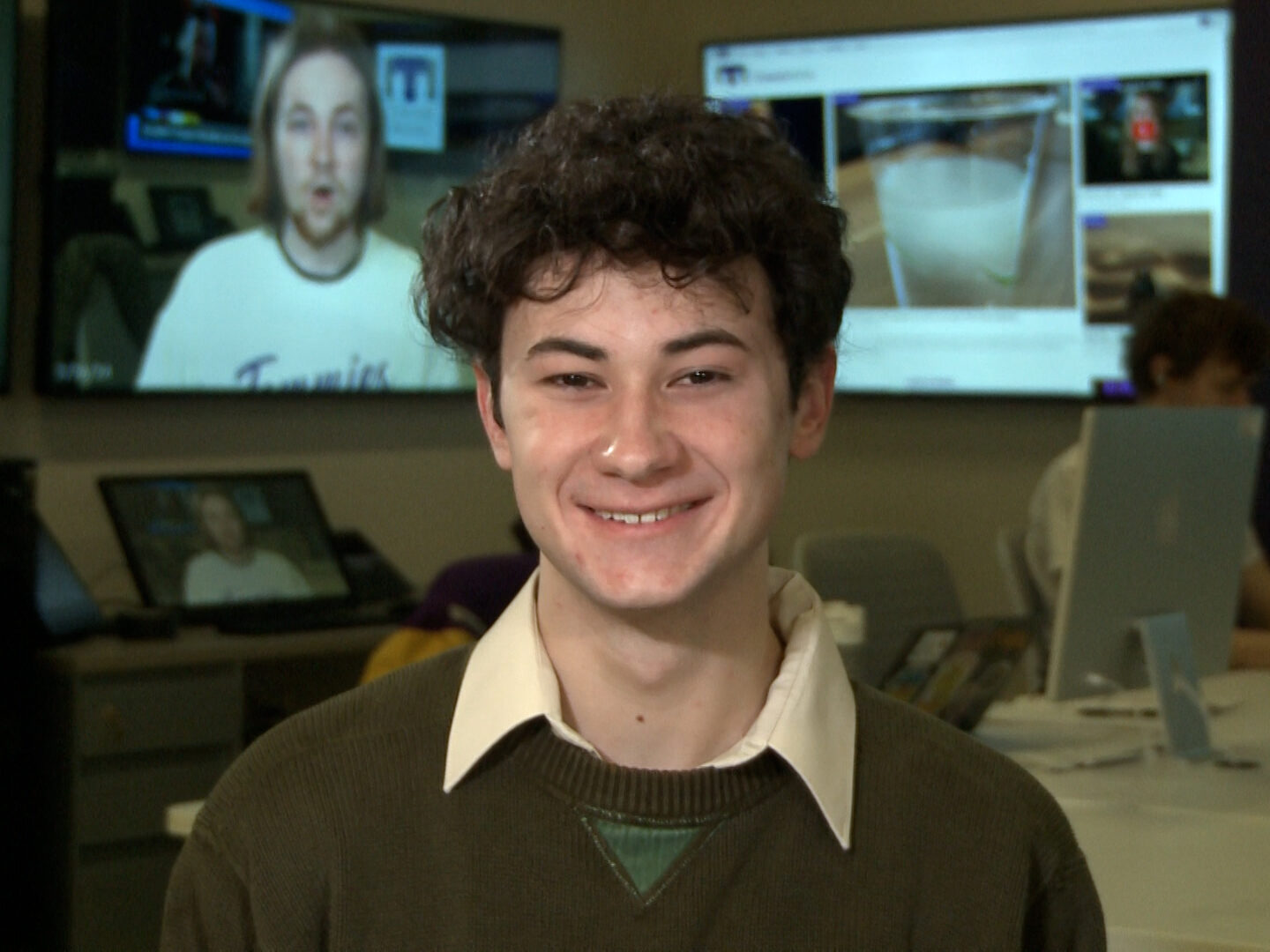The pilot of a single-engine plane that crashed near downtown Nashville told air traffic controllers he could see the runway they were clearing for an emergency landing. But he said they couldn’t make it.
“I’m going to be landing — I don’t know where!” the pilot said before the plane crashed alongside Interstate 40, killing all five people aboard.
The pilot radioed air traffic controllers at around 7:40 p.m. Monday reporting that his engine had shut down, according to a recording of their radio transmissions.
They gave him clearance to land at John C. Tune Airport, just west of downtown, and urged him to glide down to runway two.
But plane had already descended to 1,600 feet (488 meters), he said.
“I’m too far away. I’m not going to make it,” he said.
The plane burst into flames in the grass, just off the highway and behind a Costco on the city’s westside, about 3 miles (4.8 kilometers) south of the general aviation airport.
“It appears that everyone on board perished,” Metro Nashville Police Department spokesman Don Aaron said.
A German military officer used an unsecured phone line at a Singapore hotel to join a conference call that was hacked by Russians and leaked to the public, Germany’s defense minister said Tuesday.
The fallout from the leaked audio tape, which features four high-ranking German air force officers discussing hypothetically how Taurus long-range cruise missiles could be used by Kyiv against invading Russian forces, has embarrassed the German government and further increased tensions between the two countries.
“Not all participants adhered to the secure dialing procedure as intended,” German Defense Minister Boris Pistorius said as he briefed reporters in Berlin on the initial results of an ongoing investigation.
The minister said that the officer in question, whose name he did not give, had participated in the Singapore Air Show, which was attended by high-ranking military officers from across Europe, and then dialed into the WebEx call using either his mobile phone or the hotel’s Wi-Fi but not a secured line as is considered mandatory for such calls.
“For the Russian secret services, it was a real find. … Targeted hacking took place in the hotels used across the board,” Pistorius said. “It must therefore be assumed that the access to this (phone) conference was a chance hit as part of a broad, scattered approach.”
Pistorius said the investigation was ongoing, overall security had been increased and preliminary disciplinary proceedings were being considered, but that severe personal consequences were unlikely.
Minnesota lawmakers are on the verge of a compromise that will give police officers who work in schools clearer authority to use force.
Minnesota reacted to the 2020 murder of George Floyd by a Minneapolis officer with a series of police accountability measures that included restrictions on the use of force, such as ban on chokeholds. But a section of a broad education law enacted last year led around 40 police departments across the state to pull their officers from schools. They said new restrictions on the use of face-down prone restraints, which can impair breathing, made it impossible to do their jobs.
The Minnesota House voted 124-8 Monday to pass a change backed by law enforcement that’s meant to ensure that school resource officers can use prone restraints on students, although school staff would remain banned from doing so. It would also require better training and creation of a model policy on the duties of police who work in schools. It also would expressly prohibit officers from being used to impose discipline for violations of school policies.
“I’m hoping that we can get them all back into school with this stuff fixed today,” said Republican Rep. Jeff Witte, of Lakeville, a retired Burnsville police officer who was a school resource officer for four of them. “And I think this will obviously keep our schools, our students and our teachers safe, but also give our parents some peace of mind.”
The bill’s lead house author, Democratic Rep. Cedrick Frazier of New Hope, said the training requirements and development of the model policy are the “centerpiece” of the legislation for him, and that the process will provide opportunities for community groups as well as law enforcement to weigh in.
The issue has been among the most contentious of the three-week-old legislative session. Some activist groups opposed changing the law at all, framing it as a student safety issue. But the compromise cleared its final House committee last week with unanimous bipartisan support after negotiations among Democrats, Republicans and law enforcement produced a consensus. Frazier said the Senate is just waiting to get the final version.
Eli Bieker can be reached at biek1966@stthomas.edu.



